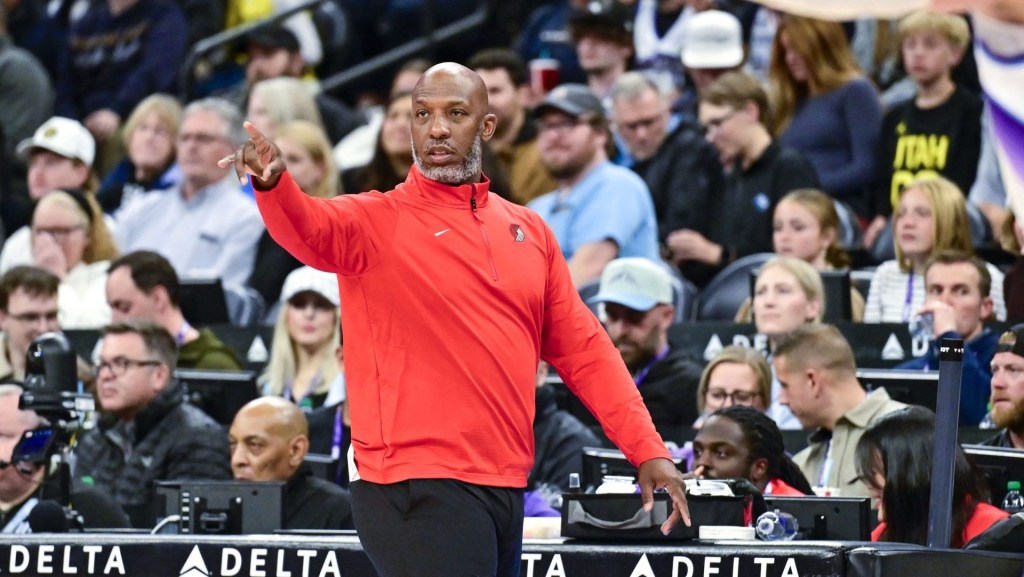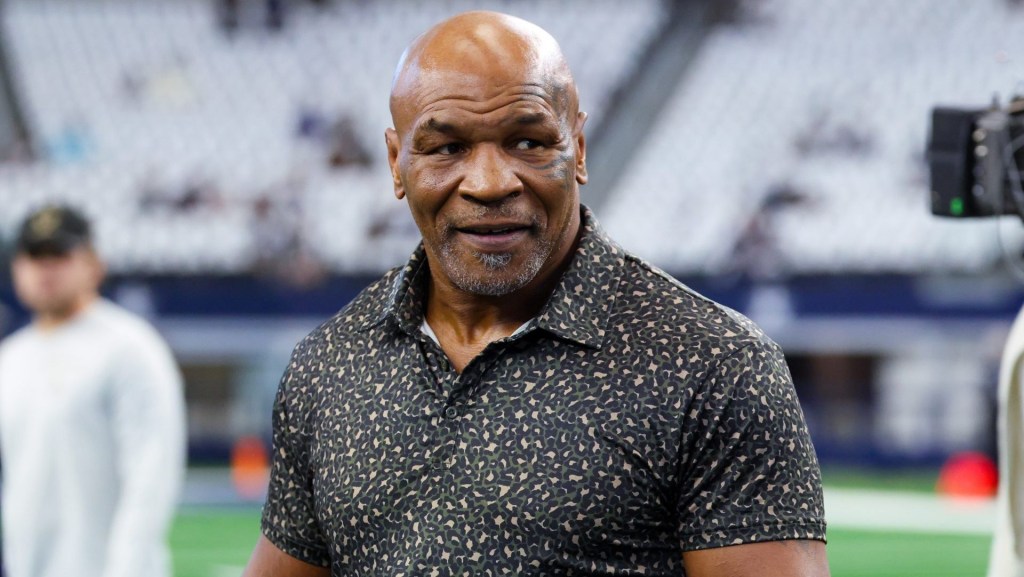
LAS VEGAS – MARCH 19: In this handout provided by the Las Vegas News Bureau, the Mirage Resort Race and Sports Book in Las Vegas is shown crowded with basketball fans during NCAA March Madness Tournament March 19, 2010. in Las Vegas, Nevada. (Photo by Glenn Pinkerton/Las Vegas News Bureau via Getty Images)
In 1992, the United States Congress passed a bill called the Professional and Amateur Sports Protection Act (“PASPA”) which made gambling on professional and collegiate athletics illegal. However, PASPA exempted four states, Nevada, Delaware, Montana, and Oregon; this allowed these four states to permit and regulate their own sports gambling spheres. According to the Supreme Court then (“SCOTUS”), “PASPA makes it unlawful for a State… ‘to sponsor, operate, advertise, promote, license or authorized by law or compact… a lottery, sweepstakes, or other betting, gambling, or wagering scheme based… on’ competitive sporting events.”
This morning, in a monumental decision, the United States struck down PASPA. The Supreme Court stated in their decision, “In our view, petitioners’ interpretation is correct: When a State completely or partially repeals old laws banning sports gambling, it “authorize[s]” that activity. This is clear when the state-law landscape at the time of PASPA’s enactment is taken into account. At that time, all forms of sports gambling were illegal in the great majority of states…”
[the_ad id=”14294″]
The summary of the sports gambling debate was best encapsulated by Justice Alito in the Court’s majority opinion, “The legalization of sports gambling is a controversial subject. Supporters argue that legalization will produce revenue for States and critically weaken illegal sports betting operations, which are often run by organized crime. Opponents contend that legalizing sports gambling will hook the young on gambling, encourage people of modest means to squander their savings and earnings, and corrupt professional and college sports.”
The majority decision states: “Our job is to interpret the law Congress has enacted and decide whether it is consistent with the Constitution. PASPA is not. PASPA regulates state governments’ regulation of their decisions… [t]he Constitution gives the Congress no such power.”
Historically, former New Jersey governor Chris Christie’s administration decided to challenge the constitutionality of PASPA on behalf of the state of New Jersey; a defeat of PASPA would allow New Jersey to bring regulated sports gambling to the Garden State. Presently, the case is now referred to as Murphy (the new governor of New Jersey) v. NCAA.
Want more content like this? Subscribe to our daily newsletter!
The legal challenge to PASPA was rooted in the 10th Amendment’s anti-commandeering principle. The 10th Amendment’s anti-commandeering principle “forbids the federal government from commanding the states to implement federal laws or policies that would interfere with state sovereignty.” With respect to PASPA, the law forbids states from setting up their own sports gambling governing scheme; the anti-commandeering argument is rooted in the belief that the United States government should not be allowed to dictate how states govern sports gambling. New Jersey’s argument is that the federal government, consistent with Supreme Court precedent set in U.S. v. New York, does not have the power to regulate what states may legislate.
Going forward, the Supreme Court’s ruling makes it possible for individual states to legalize and regulate sports gambling on their own. Some states, including West Virginia, are already preparing to legalize sports gambling and are creating a regulatory scheme by which the state can monitor and tax competitive sports gambling. West Virginia’s potential system also provides an integrity fee—a fee which is paid to the state’s public universities (namely WVU and Marshall) that claims “to help protect [the integrity of the competition] and keep the outcomes honest.” These integrity fees are to be paid out by the states’ casinos rather than by the state itself.
[the_ad id=”14294″]
It should be interesting to see which states move forward with legalization. Somewhat akin to the legalization of Marijuana in some states, expect to see some of the states that legalize give their reasoning as a way to produce additional tax revenue. According to the American Sports Betting Coalition (“ASBC”), PASPA’s illegalization of sports wagering lead to a “thriving, $150 billion illegal gambling market.” The redistribution of sports gambling’s underground economy could help states do a variety of things they initially did not have funding for (as with Colorado and the legalization of Marijuana) – such as improving local infrastructures or investing in public schools.
Stay current on the Supreme Courts’ decision and on the legalization of sports gambling here on Front Office Sports. The Supreme Courts’ 49-page decision in Murphy v. NCAA can be found here.




![[Subscription Customers Only] Jun 15, 2025; Seattle, Washington, USA; Botafogo owner John Textor inside the stadium before the match during a group stage match of the 2025 FIFA Club World Cup at Lumen Field.](https://frontofficesports.com/wp-content/uploads/2026/02/USATSI_26465842_168416386_lowres-scaled.jpg?quality=100&w=1024)
![[Subscription Customers Only] Jul 13, 2025; East Rutherford, New Jersey, USA; Chelsea FC midfielder Cole Palmer (10) celebrates winning the final of the 2025 FIFA Club World Cup at MetLife Stadium](https://frontofficesports.com/wp-content/uploads/2026/02/USATSI_26636703-scaled-e1770932227605.jpg?quality=100&w=1024)











